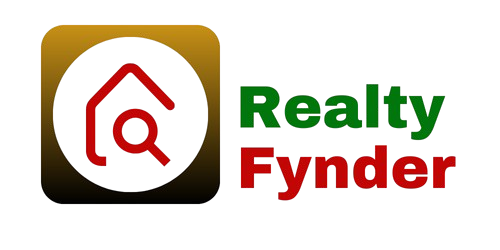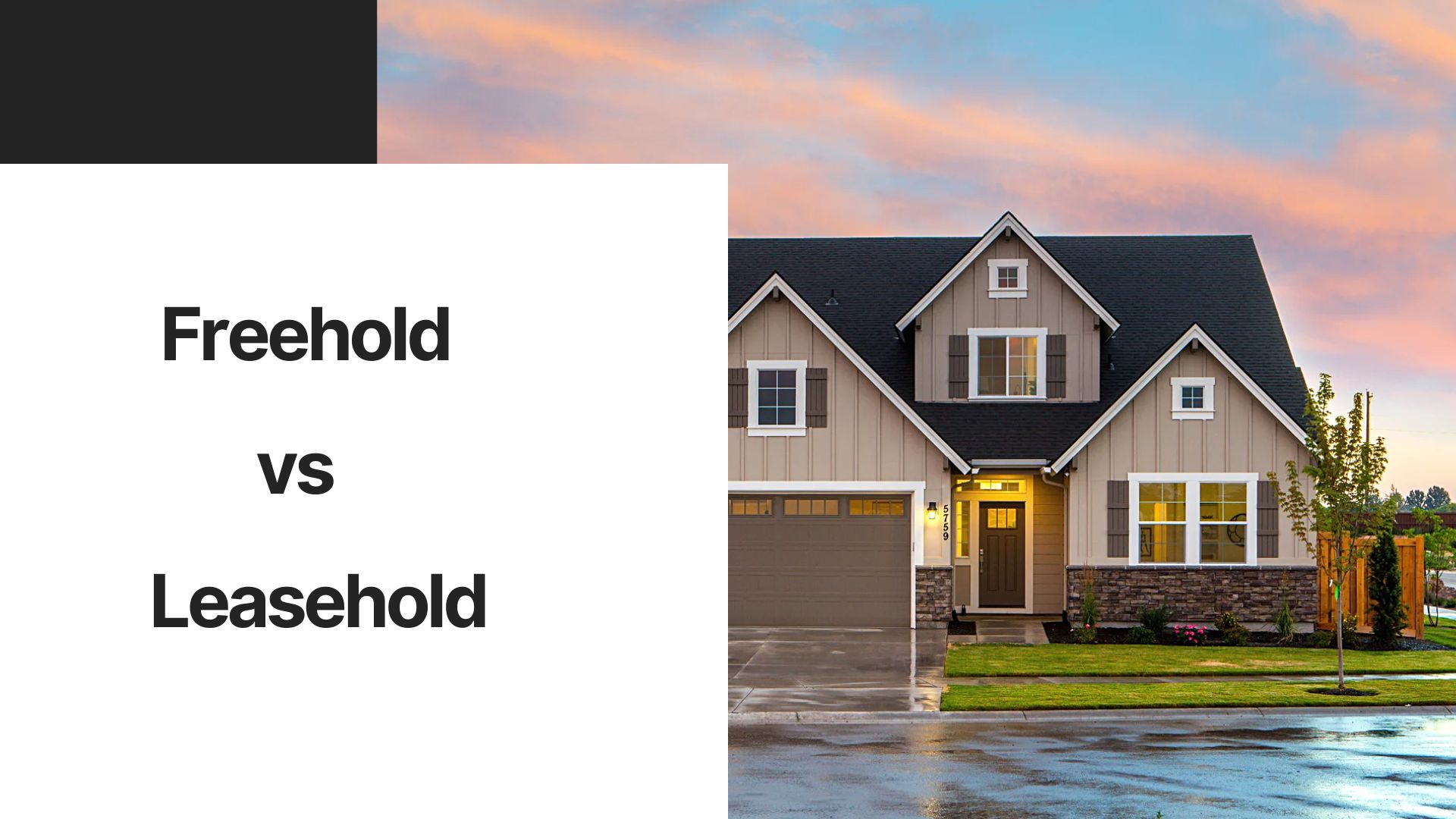You may come across terms like “freehold” and “leasehold.” These terms describe the type of ownership you have over the property and the land it stands on. Understanding the difference between freehold and leasehold properties can help you make an informed decision when investing in real estate.
What is a Freehold Property?
A freehold property means you own the land and the building on it outright. There is no time limit on your ownership, and you have full control over the property. You can sell, renovate, or pass it on to your heirs without needing permission from anyone.
Benefits of Freehold Property:
- Complete Ownership – You own both the land and the property.
- No Time Limit – There is no expiry date on your ownership.
- More Control – You can modify or renovate the property as you wish (subject to local laws).
- Higher Resale Value – Freehold properties are generally more valuable and easier to sell.
Downsides of Freehold Property:
- Higher Cost – Freehold properties are usually more expensive.
- More Responsibilities – Owners must handle maintenance, taxes, and legal compliances on their own.
What is a Leasehold Property?
A leasehold property means you own the property but not the land it stands on. Instead, you lease the land from the freeholder (landowner) for a fixed period, which can be anywhere from 30 to 99 years or more. When the lease expires, ownership may revert back to the freeholder unless the lease is renewed.
Benefits of Leasehold Property:
- Lower Initial Cost – Leasehold properties are often more affordable than freehold ones.
- Less Maintenance Responsibility – Major structural maintenance is usually handled by the freeholder or a managing company.
- Good for Short-Term Investment – If you don’t plan to keep the property for long, leasehold can be a cost-effective option.
Downsides of Leasehold Property:
- Limited Ownership – Your ownership is only for a fixed period.
- Lease Renewal Costs – Extending the lease can be expensive.
- Less Control – You may need permission for renovations or renting out the property.
- Declining Value – As the lease term shortens, the property value may decrease.
Which One Should You Choose?
If you want full control over your property and can afford the higher cost, a freehold property is the best option. However, if you are looking for a more affordable home or a short-term investment, a leasehold property may be suitable.
Before making a decision, always check the lease term (if buying a leasehold property) and any additional costs involved. Consulting a real estate expert can also help you understand the long-term implications of your choice.
Do you have any questions about freehold or leasehold properties? Feel free to contact realtyfynder to get your dream of home come true.




